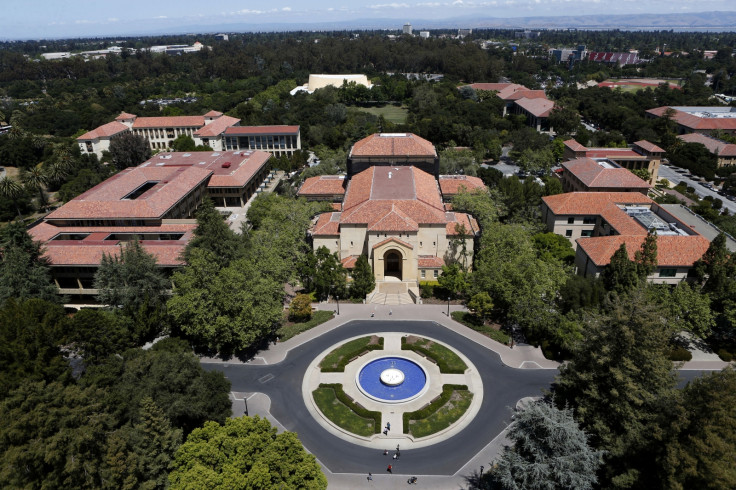Stanford University revises student liquor policy, bans hard alcohol inside campus
Critics believe the new rules are the clear outcome of January 2015 assault involving university student Brock Turner.

Stanford University has revised its student alcohol policy. It has banned hard liquor and direct shots for all undergraduate and coterminal students living in undergraduate housing. The university has also prohibited high-volume distilled liquor containers, a statement from the elite northern California school said on Monday (22 August).
According to the university, the prohibition is the result of a discussion that has been taking place among students, faculty and staff since March. President John L. Hennessy and Provost John Etchemendy wrote to students, "more than 1,800 college students die each year from alcohol-related incidents, nearly 700,000 experience alcohol-related physical assaults, and nearly 100,000 experience alcohol-related sexual violence, according to the National Institute on Alcohol Abuse and Alcoholism."
However, critics have condemned the move and said that the university has put the ban without understanding sensitivities. They believed that the new rules were the clear outcome of January 2015 assault involving university swimmer Brock Turner, who blamed "he was a victim of Stanford's alcohol culture." The incident brought widespread scrutiny for Stanford.
Critics believed that the ban might only increase risks and crime. "I actually think this is putting students in danger. It's going to drive it underground ... and encourage this super quick consumption not in a public area," Michele Landis Dauber, a Stanford law professor and vocal critic of the university's sexual assault policies, said and added that the move could also boosts dangers of alcohol poisoning.
Instead of prohibiting alcohol, institutions should focus on sexual assault violence and provide thorough education on consent. They should hold perpetrators responsible in meaningful ways, critics said.
© Copyright IBTimes 2025. All rights reserved.



















